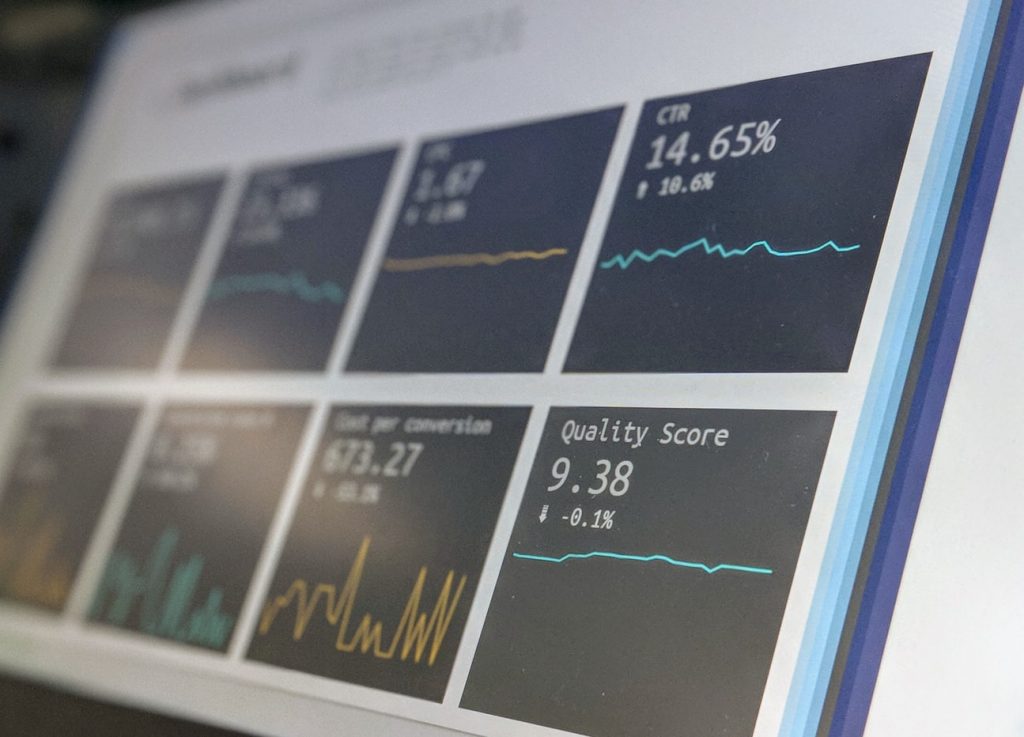by Chrissy Jones
Cyprus was rated as one of the top 80 countries in the world for business in 2020. A highly skilled workforce, favourable government policies, stable economy and political climate, and a good standard of living are some of the reasons why the Mediterranean island attracts investors. One way to keep the flow of investments in the country is to consider ethical investment strategies among asset owners and fund managers. Given the rising awareness among investors to bridge the gap between a business’ actions and the expectations of the public, ethical finance can enhance the reputation of a firm or assets. Here are some types of ethical investments that are not only socially responsible, but also sustainable in the long term.
Solar Energy Storage
Renewable energy is getting popular worldwide and Cyprus is no stranger to this phenomenon. It is a form of investment that is socially responsible considering both the financial return and the ethical, moral, social, and environmental good that it brings. Unlike investments in firearms, gambling, alcohol or tobacco, renewable energy is an ethical form of investment.
For one, the country receives between 2,700 to 3,500 hours of sunshine per year which is double the figures in northern European countries and on average, there are 320 hours of sunny days per year on the island, making solar power a great opportunity for investment. Unfortunately, imported petroleum products currently represent over 90% of the island’s energy consumption. The good news is the island has the highest potential for solar energy in the European Union (EU) and can generate 25-50% of its energy requirements using solar power. Investments in efficient battery systems and powerbanks to harvest and store solar power are vital to meet this target.
Natural Gas
The discovery of natural gas offshore in Cyprus could also boost energy security not only on the island, but also in the EU. With estimated reserves of over 4 trillion cubic feet valued at more than $50 billion, access to gas deposits would reduce reliance on Russia for the continent’s energy needs.
Although Covid-19 has put a temporary halt to the exploratory and drilling operations of energy companies like ENI and Total until March or April of 2021, the companies are not canceling capital expenditures allocated to the sites. Energy markets are in transition at the moment, but according to IHS Markit, 67% of their study respondents believe that the global industry will experience a ‘cyclical reversion’ in the stock market making it favorable for equity investors again. The general shift is to move away from non-renewable to renewable energy. In the meantime, oil and gas are still needed commodities, but reducing their impact on the environment is a strategy that can make them acceptable to investors.
Sustainable Tourism
Tourism is one of the major industries in Cyprus bringing over 100 million euros a year. By 2030, the country is expected to attract 5 million visitors. To support this target, hundreds of millions in tourism infrastructure investments are needed. Green hotels, entertainment parks, marinas, tourist resorts, transport and logistics, and golf courses are some of the investment opportunities in the tourism industry.
To be viable, investments must address the suitable balance between the economic, socio-cultural, and environmental aspects of tourism to guarantee its sustainability. Hence, ethical investments such as infrastructure in the tourism industry shall make optimal use of renewable resources, protect the environment, and offer social and economic benefits to all stakeholders while alleviating poverty at the same time.
Cyprus offers several areas where investors can put their money at schemes that are ethical. These include solar energy storage, natural gas exploitation, and sustainable tourism. Ethical investments not only offer opportunities for financial returns, but also yield non-wealth returns, social change, and environmental protection.

